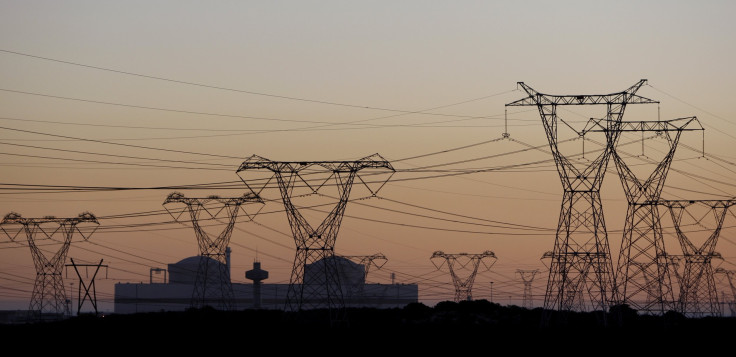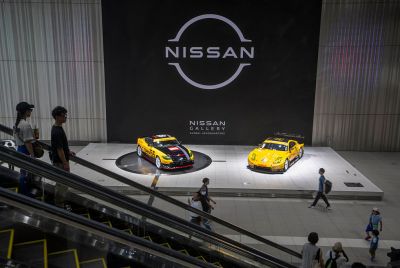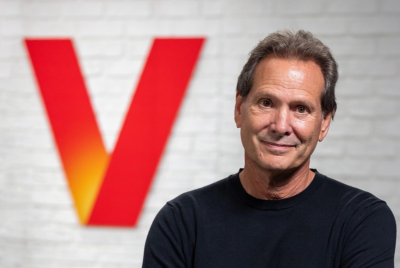Can Africa Go Nuclear? Energy Demands Battle With Safety Concerns Across The Continent

Nuclear power generation is ramping up in South Africa, which recently signed a deal with the European Commission to cooperate on research, nuclear materials and equipment supplies. The deal will help bring power to South Africa's remote rural regions -- an initiative the rest of sub-Saharan Africa is eager to emulate.
South Africa is the only sub-Saharan African country with active nuclear power plants. But research-oriented nuclear reactors have been tested in a few other countries -- including Kenya, Ghana and the Democratic Republic of the Congo -- and it is clear that there is widespread interest in a nuclear-powered future all across the continent. Uganda, Nigeria, Senegal, Niger and others have expressed interest in building up nuclear expertise within their borders.
But Africa's nuclear ambitions are dampened by ongoing difficulties. The DR Congo's nuclear reactor -- Africa's first -- sits idle within a crumbling compound in Kinshasa, the capital, since shutting down due to overheating in 2004. In Ghana, some officials would like to have a nuclear power plant up and running in eight years, but controversies abound as to whether the project is economically feasible -- or safe. In Kenya, the government is adamant about installing a nuclear power plant and has already identified some potential construction sites; a facility could be operational within five years if all goes according to plan, and $3 million has already been allocated to an energy planning committee. But the resistance has been vocal, and the committee is moving slowly in the face of domestic and international hesitance.
South Africa has one research reactor and two nuclear power plants already online for a total capacity of 1,500 megawatts, but it's not all smooth sailing. There are internal disputes as to the viability of nuclear energy expansion, with National Planning Commission in favor of importing more clean energy from abroad while the Department of Energy holds fast to its plan for ever-growing nuclear energy production capacity.
Despite these complications, it is easy to see why so many African countries are pursuing nuclear power. Energy is in high demand; according to the World Bank, only about 24 percent of the population of sub-Saharan Africa currently has access to electricity. But generating power is a tricky proposition no matter how it's done; coal needs reliable rail infrastructure to ensure delivery, while hydrocarbons -- whether produced domestically or imported -- can be expensive or politically complicated. Nuclear power requires a lot of capital during the early stages, but it can be relatively affordable once it gets going.
For critics, environmental and public safety concerns related to atomic power trump all other issues. If a highly developed country like Japan could experience a disaster as serious as the 2011 meltdown at Fukushima, how can sub-Saharan African countries -- which have less budgetary freedom and comparatively poor records when it comes to maintenance, regulation and overall stability -- hope to operate nuclear power facilities safely?
A few organizations are working with African governments and communities to nip these concerns in the bud, including the Austrian-based International Atomic Energy Agency, or IAEA, and the members of the African Regional Cooperative Agreement for Research, Development and Training Related to Nuclear Science and Technology, known as AFRA. But nuclear power is a complicated and dangerous business, and the challenges loom large. "Before a country can even consider planning a nuclear reactor it has to set up an independent regulatory body that oversees the establishment and running of reactors and that monitors safety," said Anne Starz, head of the integrated nuclear infrastructure group at IAEA, to SciDevNet. She also noted that it is easy to underestimate the massive investments in education, technology and engineering necessary to get a nuclear power plant up and running.
But Shaukat Abdulrazak, head of Kenya's National Council for Science and Technology, argued in a separate interview with SciDevNet that Africa is rife with opportunities for nuclear power projects. "Countries such as Namibia, Niger and South Africa have uranium minerals and ore that can be processed as fuel for nuclear power plants. Africa has sufficient water and land for nuclear plant construction and, compared with other regions, it is relatively unaffected by earthquakes," Abdulrazak said. "The advantages of nuclear include a reduced and stable energy price, national energy self-reliance and the reduction of greenhouse gas emissions, as well as industrial growth and development," he added.
As South Africa goes ahead with its own nuclear energy plans, other sub-Saharan countries are making moves to follow suit as soon as they can. But progress may be slow as critics wonder whether the massive potential for power generation is really worth the risk.
© Copyright IBTimes 2025. All rights reserved.





















